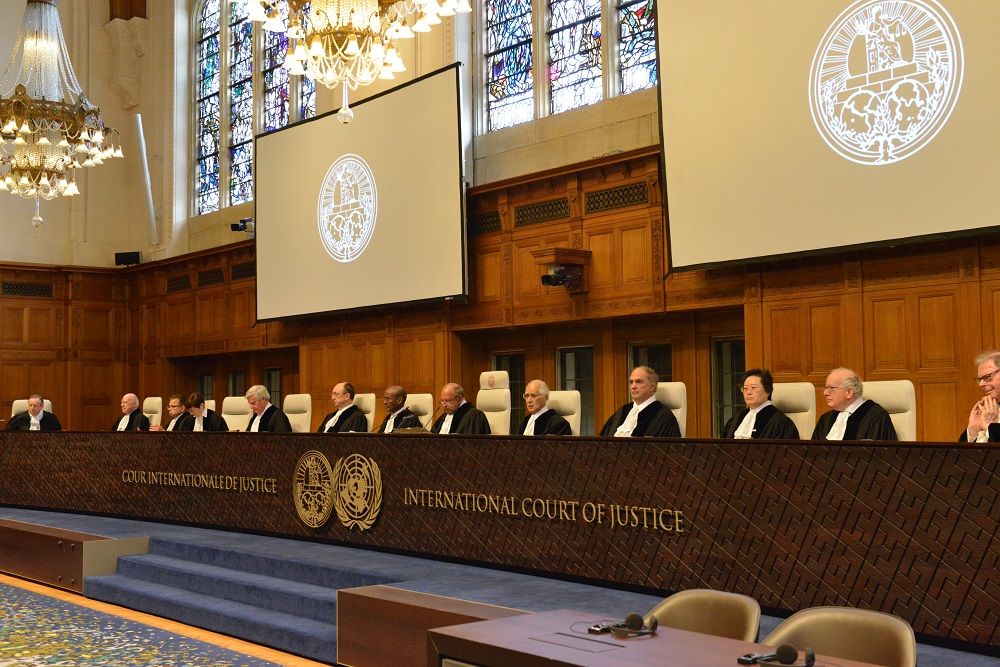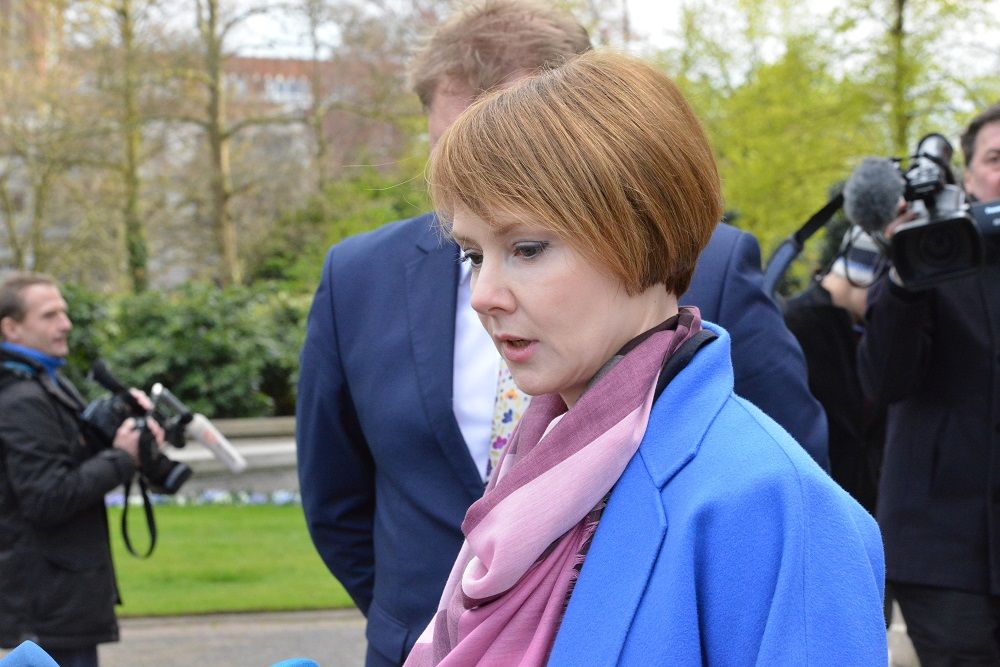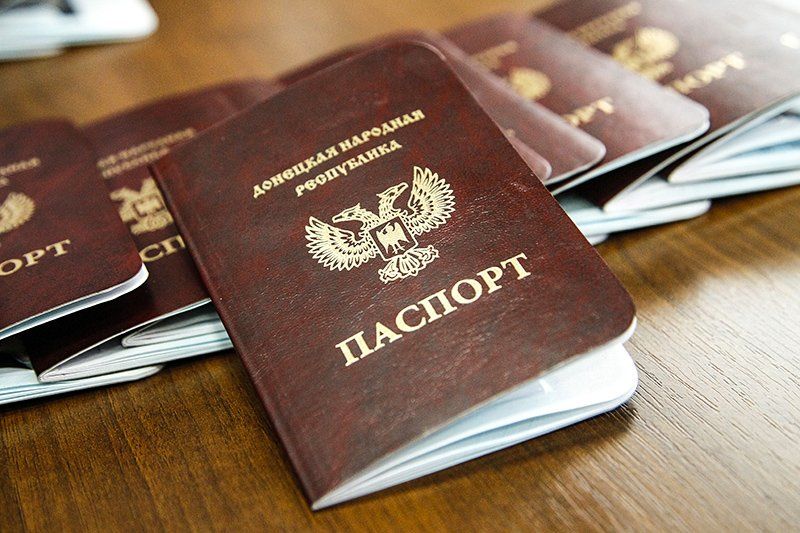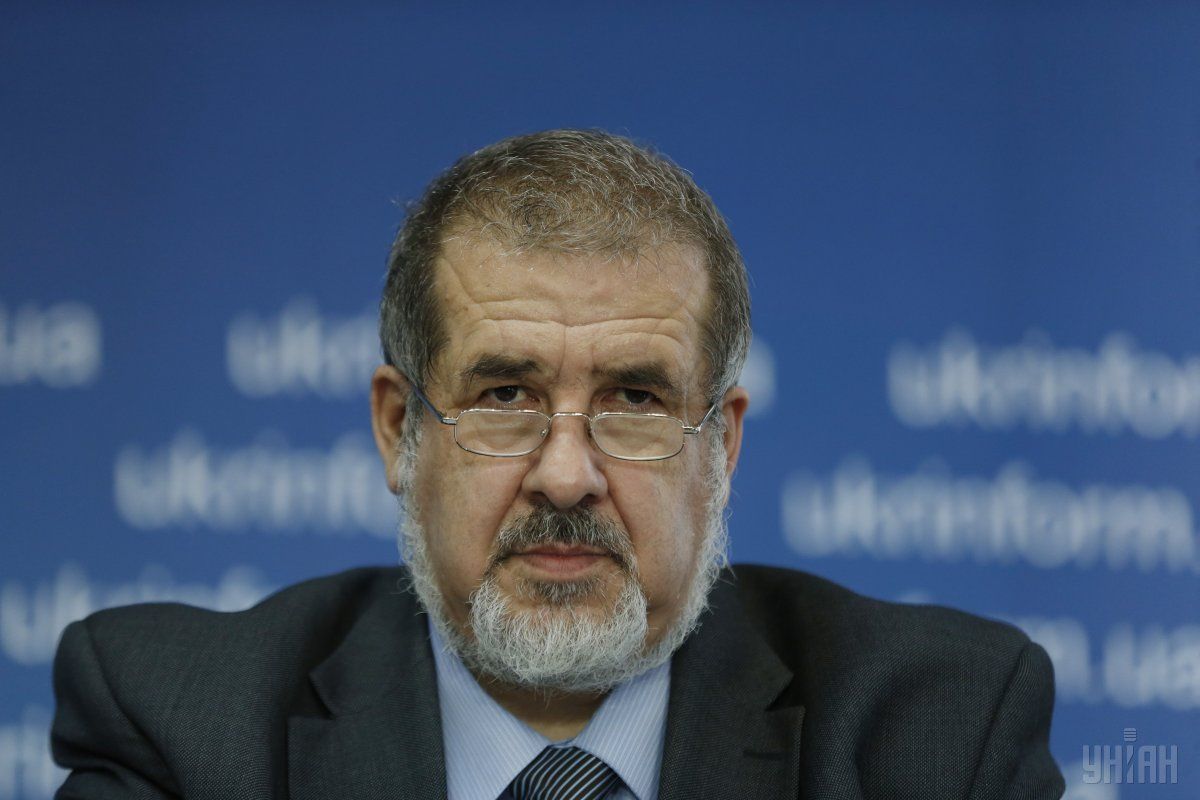
Ukraine vs Russia in ICJ: importance of preventive decisions
Even with the eye to the fact that the International Court of Justice in The Hague has not taken into account all of Ukraine’s arguments regarding Russian violations of the two international Conventions, the Court’s order of April 19 is seen as Ukraine’s win anyway, and the Kremlin can’t roll things back.
On March 6, 2017, the International Court of Justice began its hearings into Ukraine’s claim against Russia on the indication of the International Convention for the Suppression of the Financing of Terrorism (ICSFT) and the International Convention on the Elimination of All Forms of Racial Discrimination (CERD).
Ukraine stated that Russia had been violated the ICSFT by arming the militants of illegal armed groups in Donbas, and as a result, these gangs continue to commit terrorist acts in the Ukrainian territory. In particular, Russian puppets downed the Malaysian Airlines passenger aircraft flight MH17, shelled residential areas of Mariupol and Kramatorsk, destroyed a civilian charter bus near Volnovaha, and so on.
The second issue Ukraine raised before the ICJ is Russia's violation of the CERD as evidenced by what the Kremlin has been doing in Crimea since the sham “referendum,” that is, persecuting ethnic Ukrainians and Crimean Tatars. In particular, it’s about the Russian ban of the Mejlis of the Crimean Tatar people, groundless searches and detentions of pro-Ukrainian citizens, their disappearances and killings, as well as attempts to close down independent media, stop broadcasts of Ukrainian TV and radio, and restrict teaching of the Ukrainian and Crimean Tatar language in local schools.
On the very first day of the hearings, Ukraine requested that the ICJ introduce provisional measures against Russia to prevent further violation of human rights on the Ukrainian territories controlled by Moscow’s minions while the court examines the case on its merits. The measures requested included obliging Russia to ensure control at the border, halt arms supplies to Ukraine, stop supporting illegal armed groups that inflict harm on Ukraine’s civilian population, and refrain from any further acts of ethnic discrimination in the occupied Crimea.

"Five weeks ago we were leaving The Hague with the feeling that we’ve done everything necessary to justify before the International Court of Justice the need for provisional measures. But today, while waiting in The Hague for the announcement of the decision, I'm worried because the expectations of justice are often higher the possibilities of applying the norms of international law," the official representative of Ukraine at the ICJ hearings, Deputy Foreign Minister of Ukraine Olena Zerkal wrote on her Facebook page before the open hearings.
Unfortunately, these fears were not unfounded. Firstly, that’s because provisional measures the ICJ introduces could differ from those that Ukraine requested to apply against Russia. In the Court’s opinion, the main thing is for these provisional measures to ensure the rights that form the subject matter of the case. Secondly, that’s because provisional measures could be applied both to Russia and Ukraine. For example, in the part about the need to hold Russia accountable for supporting terrorism, the UN International Court of Justice could recall the inadmissibility of supporting terrorism in Ukraine.
It turned out, that this was not the case, although Kyiv did not see the requested action in full. The fact is that following yesterday’s open hearings, the ICJ denied provisional measures against Russia under the ICSFT. At the same time, ICJ chair Ronny Abraham noted that this should not prevent both Russia and Ukraine from implementing Minsk agreements of February 12, 2015. "The Court expects the Parties, through individual and joint efforts, to work for the full implementation of this ‘Package of Measures’ in order to achieve a peaceful settlement of the conflict in the eastern regions of Ukraine," he said.

However, the court also said Ukraine should, first, prove the intention and purpose of Russia's actions in Donbas, and, secondly, prove that the requested provisional measures would stop the irreparable damage that is now being inflicted.
"The UN court called on the Russian Federation to implement the Minsk agreements. And now, in the court sessions to follow, the Ukrainian side will provide all the information on the daily violations of ceasefire, on the supplies of weapons and equipment (and the Kremlin will never be able to cover up its act with the so-called humanitarian convoys no matter how hard they try), on illegally held hostages, as well as those killed and tortured, on all those ‘motorolas’ and ‘givis’ [references to assassinated militant leaders] with Russian passports that terrorized and keep terrorizing the Ukrainian Donbas," said Iryna Gerashchenko, Deputy Rada Speaker and Ukraine’s humanitarian envoy to the Trilateral Contact Group on Donbas settlement.
According to her, Ukraine will provide additional evidence during hearings "including and first of all regarding the violations of Minsk agreements."
She believes it’s important in yesterday’s order of the ICJ that Ukraine "managed to convince the Court to support the Ukrainian position claiming that events in Donbas fall under the ICSFT."
In turn, Ms Zerkal noted that even such a ruling of the Court is a victory for Ukraine because "everyone was afraid that there would not be prima facie jurisdiction – that is, preliminary jurisdiction, especially under the ICSFT, but the court acknowledged that there is one, the Court recognized that the violations are present."
"We have sufficient evidence, but when we were preparing a request for provisional measures, we proceeded from the fact that we must ensure prima facie and provide evidence of violations of the conventions. The Court ruled it was not enough to make a decision," she said.
"So now we will focus on proving the Russians’ guilt and proving their intent in relation to MH17, for example. And if you look at the comments, some opinions written by the judges, there are also indications of disagreement with the position of the majority of judges, for example, in relation to Boeing," Zerkal said.
With regard to the violation by Russia of CERD, the ICJ ruled to satisfy Ukraine’s request. And this is a victory, indeed. "The International Court of Justice recognized the validity of Ukraine's position and ordered the Russian Federation to take measures to stop and prevent further violations of the Convention on the Elimination of All Forms of Racial Discrimination," Zerkal said.

Regarding the situation in Crimea, the ICJ ruled that “Russia must refrain from imposing limitations on the ability of the Crimean Tatar community to conserve its representative institutions, including the Mejlis, and ensure the availability of education in the Ukrainian language.”
Head of the Mejlis of the Crimean Tatar people Refat Chubarov believes that the ICJ decision on the introduction of provisional measures against Russia will lead to bringing top Russian officials to justice for the aggression against Ukraine and the annexation of Crimea.
"I am confident that today the first practical measures have been laid, which will certainly bring the highest Russian officials led by Putin to the dock of the International Tribunal into the crimes committed by Russia against Ukraine. And I have no doubts that such an International Tribunal will be established," he said.
According to Vitaliy Vlasiuk, a researcher at the National Academy of the Prosecutor's Office, Adviser to ePravo Law Firm, a 50 to 50 decision by the ICJ is a general success. "We would have been okay even with a one to ten decision because it's still better than nothing. Meanwhile, Russia did not like such a decision: for them, even one to ten would be worse than nothing ... They are lucky we have not yet made progress on ICSFT, but regarding Crimea, we scored a goal 100%. The ball is now on their pitch, with one important nuance: they can’t score a goal against us," he said.
At the same time, he does not believe that Russia will implement the ICJ order on provisional measures as it should. "Perhaps they will not implement [it] at all, or perhaps they will create the illusion that they are doing something. In the part of the Mejlis, I think, they will say that the ban was a decision of the national courts and cannot be reviewed even by the UN ICJ. Otherwise, they will say, this would be a violation of the Russian Constitution. They’ve already practiced such moves with the ECHR rulings," he said.
Overall, the ICJ decision is a victory for Ukraine. Mainly, because now Russia will have to hastily change its position from "we don’t do anything like that" to "we will not comply with the ICJ order because..."
UNIAN

